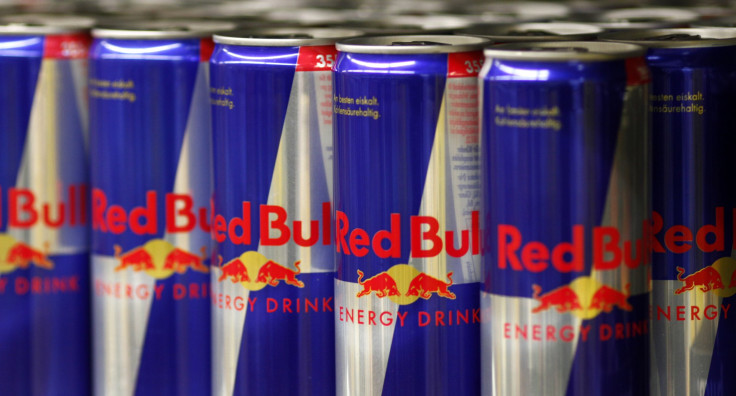Red Bull Settlement: How To Claim Your Refund Check

It turns out Red Bull energy drinks don’t really “give you wings.” The company has settled a false-advertising class-action lawsuit requiring it to pay individuals who purchased a can of the sweet beverage either $10 cash or $15 in Red Bull products each. The class includes millions of Red Bull drinkers, who will be turning to the company in droves in coming weeks hoping to get refund checks.
Any person who bought at least a single can of Red Bull in the past decade who wants to claim a $10 refund check or $15 in Red Bull items must visit the settlement website and fill out an online claim form before March 2, 2015, to be eligible. There is no proof of purchase necessary to file a form.
The January 2013 lawsuit against the Austria-based Red Bull GmbH argued that the class -- represented by longtime Red Bull drinker Benjamin Careathers -- was misled by the “Red Bull gives you wings” slogan into believing that the energy drink could increase consumers’ speed and athletic performance, according to a report by the beverage industry news source BevNET. “Such deceptive conduct and practices mean that [Red Bull’s] advertising and marketing is not just ‘puffery,’ but is instead deceptive and fraudulent and is therefore actionable,” the lawsuit states.
The company agreed in August to pay a settlement of more than $13 million to settle the false-advertising suit. The settlement fund will contain $6.5 million to be doled out to consumers who purchased Red Bull over the past 12 years, but Red Bull denies misleading consumers.
“Red Bull settled the lawsuit to avoid the cost and distraction of litigation,” the company told BevNET in a statement. "However, Red Bull maintains that its marketing and labeling have always been truthful and accurate, and denies any and all wrongdoing or liability.”
BuzzFeed reported that the claim site has been going down periodically ever since its article about the settlement was published on Monday, presumably due to a jump in the number of claims overwhelming the site’s servers.
© Copyright IBTimes 2025. All rights reserved.





















